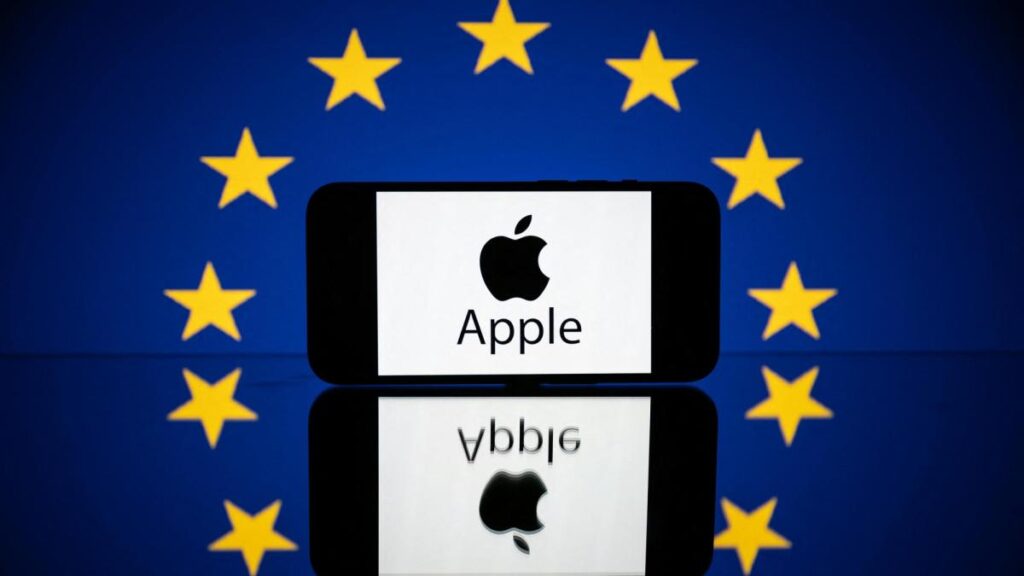Background on the Digital Markets Act (DMA)
The European Commission, the executive arm of the European Union (EU), announced fines totaling hundreds of millions of euros against digital giants Apple and Meta. This move may reignite the fury from the U.S. government, as the Digital Markets Act (DMA) has been a point of contention since its implementation last year.
Fines and Their Implications
Apple received a €500 million (approximately $570 million) fine, while Meta (the parent company of Facebook and Instagram) was penalized €200 million (nearly $230 million) for violating competition rules.
These are the first fines issued by the European Commission under the DMA, which mandates digital giants to comply with EU competition regulations. The Commission warned that the fines could increase if Apple and Meta fail to adapt within 60 days.
Since Donald Trump’s return to the White House, the DMA and its companion law, the Digital Services Act (DSA), have faced harsh criticism from the U.S. government, which claims that EU regulations constitute an “unfair non-tariff barrier” disproportionately affecting U.S. companies.
Strong Message from the European Commission
In a statement announcing the fines, Teresa Ribera, the European Commissioner for a Clean, Greener and More Competitive Transition, emphasized that the sanctions send a “strong and clear message,” though she noted that the measures are “firm but balanced.”
Specifically, Apple is accused of restricting alternative app developers’ ability to offer lower prices. The Commission ordered Apple to remove technical and commercial restrictions and refrain from perpetuating such behavior or implementing internal measures with equivalent effects.
In a statement, Apple preemptively announced its intention to appeal the fine while maintaining communication with the Commission in support of European users. The company expressed frustration, stating that “despite countless meetings, the Commission keeps changing goals at every step.” Apple also mentioned investing “hundreds of thousands of engineering hours” to comply with DMA requirements.
Meta, on the other hand, was fined for its privacy model imposed on users, requiring authorization of information usage or payment of a fee. The Commission deemed this model incompatible with the DMA.
Meta implemented this model in its EU operations following the DMA’s enactment. A Meta spokesperson stated, “We have altered our business model twice to comply with the DMA, yet the European Commission demands further changes… effectively forcing us to offer our services for free.” Meta “possibly” plans to appeal the fine application.
Meta also accused the EU of attempting to harm successful U.S. companies while allowing Chinese and European firms to operate under different standards.
Key Questions and Answers
- What is the Digital Markets Act (DMA)? The DMA is a European Union regulation that aims to ensure fair competition and prevent large digital companies from abusing their market power.
- Who are Apple and Meta, and why were they fined? Apple was penalized for limiting alternative app developers’ ability to offer lower prices, while Meta was fined for its user privacy model that requires authorization or payment for information usage.
- What are the potential consequences if Apple and Meta do not adapt within 60 days? The fines could increase if the companies fail to comply with the DMA requirements within the given timeframe.
- How has the U.S. government reacted to the DMA? The U.S. government, under Donald Trump’s administration, has criticized the DMA as an unfair non-tariff barrier affecting U.S. companies disproportionately.
- What is the likelihood of Apple and Meta appealing the fines? Both companies have expressed their intention to appeal the fines, with Apple stating it will continue communicating with the Commission and Meta possibly appealing the fine application.






